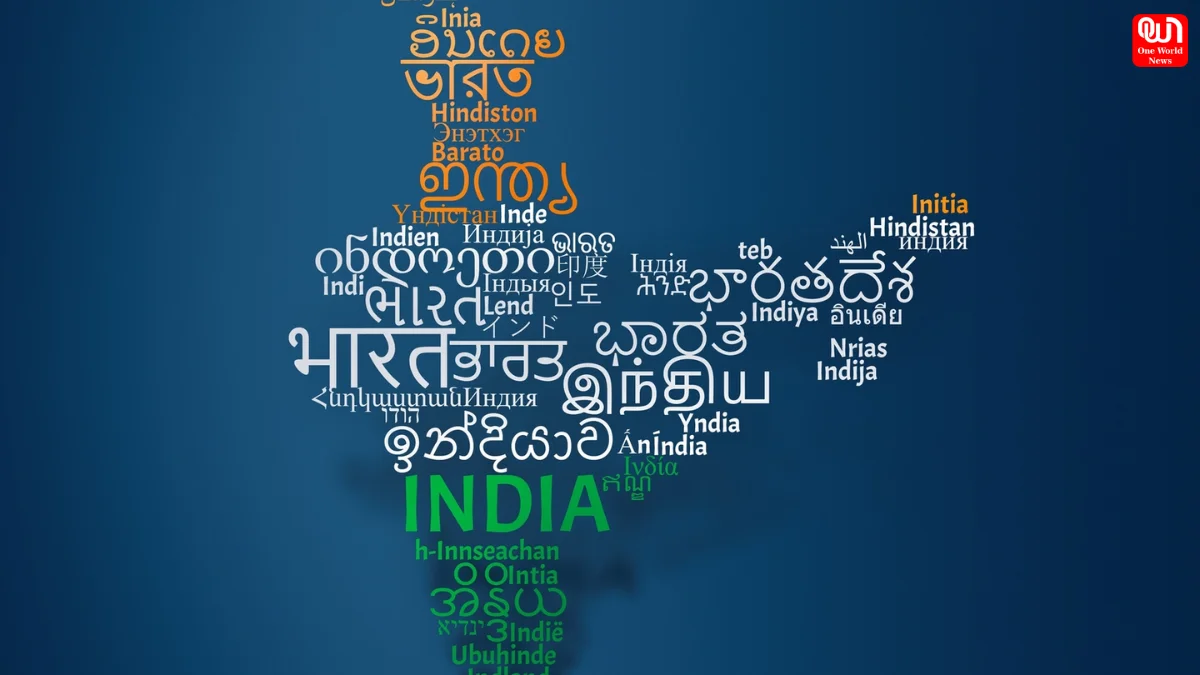Languages are Important: Silver Jubilee Commemoration of International Mother Language Day
Celebrating 25 Years of Linguistic Diversity and Multilingual Education for a Sustainable Future
Honoring 25 Years of Language Preservation, Education, and Cultural Diversity
The two-day event will include technical discussions (20 February), high-level meetings (21 February), cultural performances, and an exhibition honoring global linguistic diversity, all available via live streaming and interpretation.
Linguistic Diversity and Its Challenges
There exist 8,324 languages, whether spoken or signed. Of these, approximately 7,000 languages are currently spoken. Nevertheless, linguistic diversity faces challenges, as numerous languages are vanishing at an increasing rate in our swiftly transforming world.
Importance of Multilingual Education
Acquiring knowledge in one’s native language boosts understanding, involvement, and analytical skills, yet 40% of students do not have this chance. Multilingual education tackles these deficiencies, enhancing participation, retention, and socio-emotional growth, while also promoting global objectives such as gender equality, climate action, and sustainable communities. UNESCO advocates for multilingualism as an effective means for inclusive education and significant global participation.
25th Anniversary of International Mother Language Day
In February, UNESCO will commemorate the 25th anniversary of International Mother Language Day, emphasizing the significance of linguistic diversity and multilingualism in promoting dignity, peace, and understanding. This achievement underscores many years of work to protect native languages, maintain cultural legacy, and enhance learning.
Silver Jubilee Celebration: “Languages Matter”
The “Languages Matter: Silver Jubilee Celebration of International Mother Language Day” event will highlight the necessity of hastening advancements in linguistic variety to create a more inclusive and sustainable world by the year 2030. It additionally backs the International Decade of Indigenous Languages, highlighting the importance of languages in reaching worldwide development objectives. The event will assess advancements, highlight effective multilingual education approaches, and promote inclusive language policies that honor all communities.
2025 Theme: The Role of Language in Education and Development
Languages play a crucial role in education and sustainable development, acting as the main medium for the transfer of knowledge and the preservation of cultures. With around 8,324 languages spoken globally today, numerous ones are endangered of vanishing because of globalization and social transformations.
It is essential that educational systems uphold the right to learn in a student’s native language, as those instructed in a language they comprehend fully demonstrate enhanced understanding, participation, and analytical skills. Multilingual education, especially for minority and indigenous languages, not only benefits students but also enhances the relationship between education and culture, leading to more inclusive and equitable communities.
Read More: Trump Questions $21 Million Voter Turnout Funds Amid DOGE Probe
Preserving Linguistic Heritage
The 25th anniversary of International Mother Language Day marks 25 years of initiatives aimed at conserving linguistic diversity and advocating for mother languages. This achievement highlights the significance of preserving languages to protect cultural heritage, enhance education, and promote more harmonious societies.
International Recognition and Advocacy
International Mother Language Day, initially declared by UNESCO and subsequently embraced by the UN General Assembly, highlights the importance of languages in fostering inclusion and advancing Sustainable Development Goals. Multilingual education fosters inclusive societies and helps protect non-dominant, minority, and indigenous languages. It serves as a foundation for attaining fair access to education and continuous learning opportunities for every person.
Protecting Language Variety
Languages hold significant importance for individuals and the planet due to their intricate effects on identity, communication, social integration, education, and development. However, as a result of globalization processes, they are becoming more threatened or vanishing entirely. As languages disappear, the vibrant fabric of cultural diversity in the world also diminishes. Opportunities, customs, memories, distinct ways of thinking and expressing oneself—essential resources for achieving a brighter future—are also diminished.
Every fortnight, a language vanishes, carrying away a whole cultural and intellectual legacy. UNESCO estimates that there are 8,324 languages, either spoken or signed. Among these, approximately 7,000 languages remain actively spoken. Merely a few hundred languages have truly been integrated into education systems and the public sphere, with fewer than a hundred utilized in the digital realm.
Languages in multilingual and multicultural societies serve to convey and maintain traditional knowledge and cultures sustainably. Every year, International Mother Language Day is celebrated to encourage linguistic and cultural diversity as well as multilingualism.
Read more: Delhi Appoints New Chief Minister, Rekha Gupta Grand Oath Ceremony At Ramlila Ground Today
Historical Background and UN Involvement
The General Conference of the United Nations Educational, Scientific and Cultural Organization (UNESCO) declared International Mother Language Day in November 1999. The proposal to observe International Mother Language Day originated from Bangladesh. The UN General Assembly endorsed the declaration of the day in its resolution from 2002.
On 16 May 2007, the United Nations General Assembly in resolution A/RES/61/266 urged Member States “to foster the preservation and safeguarding of all languages spoken by the peoples of the world.” In the same resolution, the General Assembly declared 2008 as the International Year of Languages, aiming to encourage unity in diversity and global understanding through multilingualism and multiculturalism, and appointed the United Nations Educational, Scientific and Cultural Organization as the primary agency for the Year.
The Importance of Languages for Sustainable Development
Currently, there is increased recognition that languages are essential for development, fostering cultural diversity and promoting intercultural dialogue, while also enhancing cooperation and achieving quality education for everyone, building inclusive knowledge societies, preserving cultural heritage, and galvanizing political will to leverage the advantages of science and technology for sustainable development.
We’re now on WhatsApp. Click to join.
Like this post?
Register at One World News to never miss out on videos, celeb interviews, and best reads.








